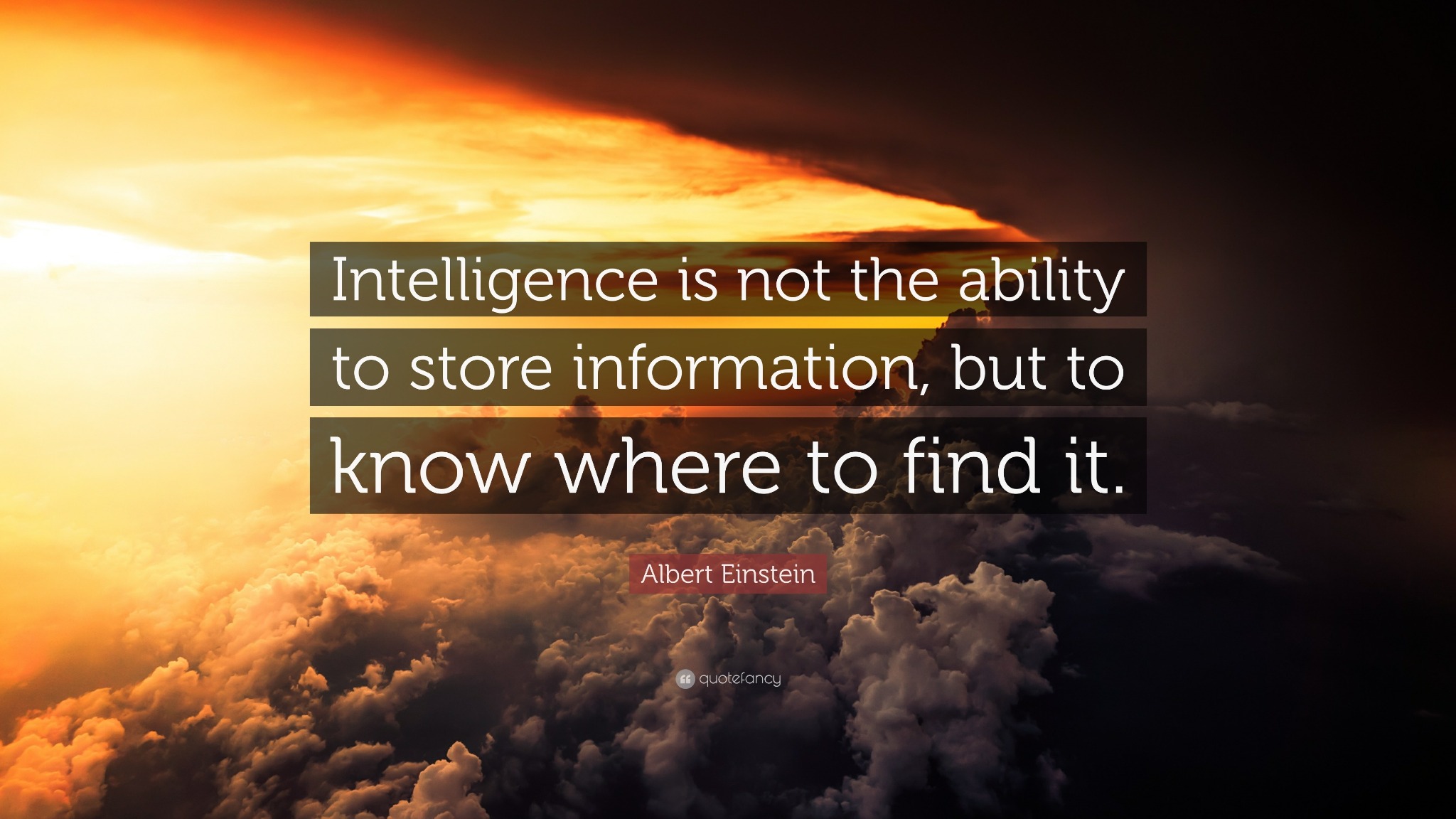
During my journey to obtain my bachelor's degree, I had the privilege of diving into a wide range of captivating and enlightening classes.
Each course I took contributed to my growth as a well-rounded individual, equipping me with knowledge and skills that would shape my future and give me the necessary skills needed to excel in an intelligence career.
These classes allowed me to undertake various assignments that allowed me to showcase my knowledge and skills.
Included within this page are the classes I took and an assignment from each to give a glimpse into the breadth of knowledge and skills I acquired while pursuing a bachelor's degree.
These classes and included assignments exemplify my dedication, adaptability, and commitment to excellence in academia.


















